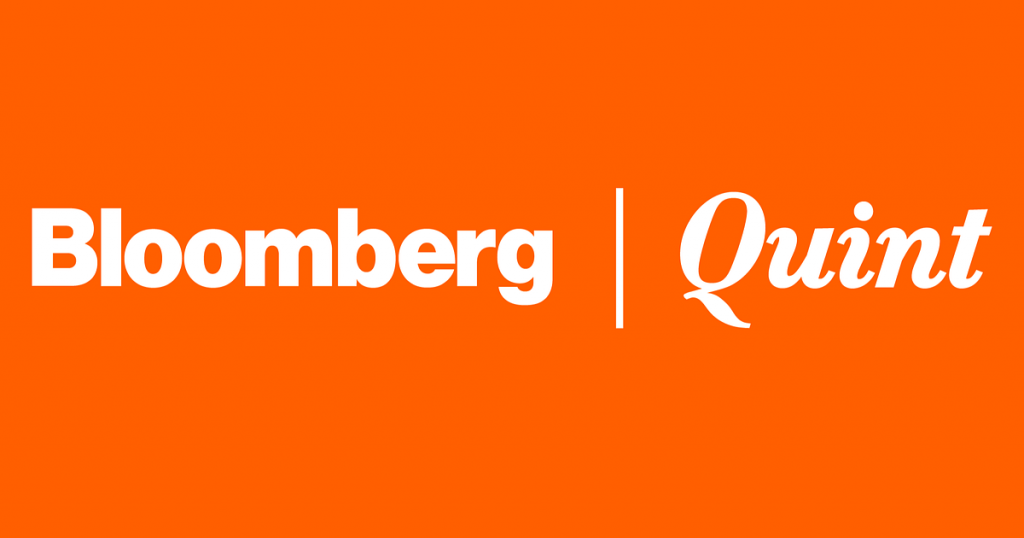(Bloomberg) — Editor’s Note: There are few places as chaotic or dangerous as Venezuela. “Life in Caracas” is a series of short stories that seeks to capture the surreal quality of living in a land in total disarray.
Ivan Arias had been standing for six hours in what is very possibly the world’s longest Covid vaccination line when I found him on Monday morning. The Caribbean sun was scorching and Arias, 75, looked exhausted.
This was the fourth straight day he had risen well before sunrise to get in line with hundreds of other elderly Venezuelans outside a drab, state-run hotel in downtown Caracas. The previous three days, he had retreated home, unvaccinated and starving, around noon. On this day, though, he was determined not to give up so easily. He arrived even earlier—4 a.m.—and packed an arepa stuffed with sausage, eggs and cheese. By 10 a.m., he had barely advanced at all.
“What this government is doing to the Venezuelan people is humiliating,” he told me.
In the land of never-ending lines—for food, for the ATM, for water, for fuel—many of them have, mercifully, receded of late, the result of the socialist government’s sudden embrace of free-market economics. But the emergence of the vaccination line has been a stark reminder of how woefully haphazard public policy remains under Nicolas Maduro.
Delays in making payments to the global Covax program—which the Maduro regime attributes to U.S. sanctions—have left the country to rely on allies China and Russia for vaccines. Less than 2% of the population has received even a single dose, one of the lowest percentages in the world. Only medical staff and people aged 60 or older are eligible. Meanwhile, the virus rages on. Even the regime’s official data acknowledges a pick-up in cases and deaths.
It was painful to watch grandmothers and grandfathers shuffle along in lines that snaked for blocks. They came in wheelchairs and on crutches. They had respiratory diseases and skin infections. A blind man arrived on his own just after sunrise. His white shirt and black pants were riddled with holes, and the home-made Covid masks he wore, one on top of the other, were torn. He was instructed to sit down next to a towering statue near the front of the line, where, like everyone else, he waited for hours. The economic collapse has been hard on all Venezuelans but this generation has taken it the worst.
There was lots of haggling on this day over who had an appointment and who didn’t. Soldiers overseeing the lines insisted that only those who had received a text message calling them in would be vaccinated, but the vast majority of those in line had not. The system seemed arbitrary to them—how were these decisions made, they asked, and what about all of those people who don’t have mobile phones?—and they had steeled themselves for an interminable wait. “We’re not going away,” they began chanting in unison at 5 a.m. Some had arrived as early as midnight.
Around noon, my colleagues and I packed up our stuff and headed back to the office. A couple of hours later, one of them got a phone call. It was Ivan Arias. He was euphoric. He had finally gotten his shot.
